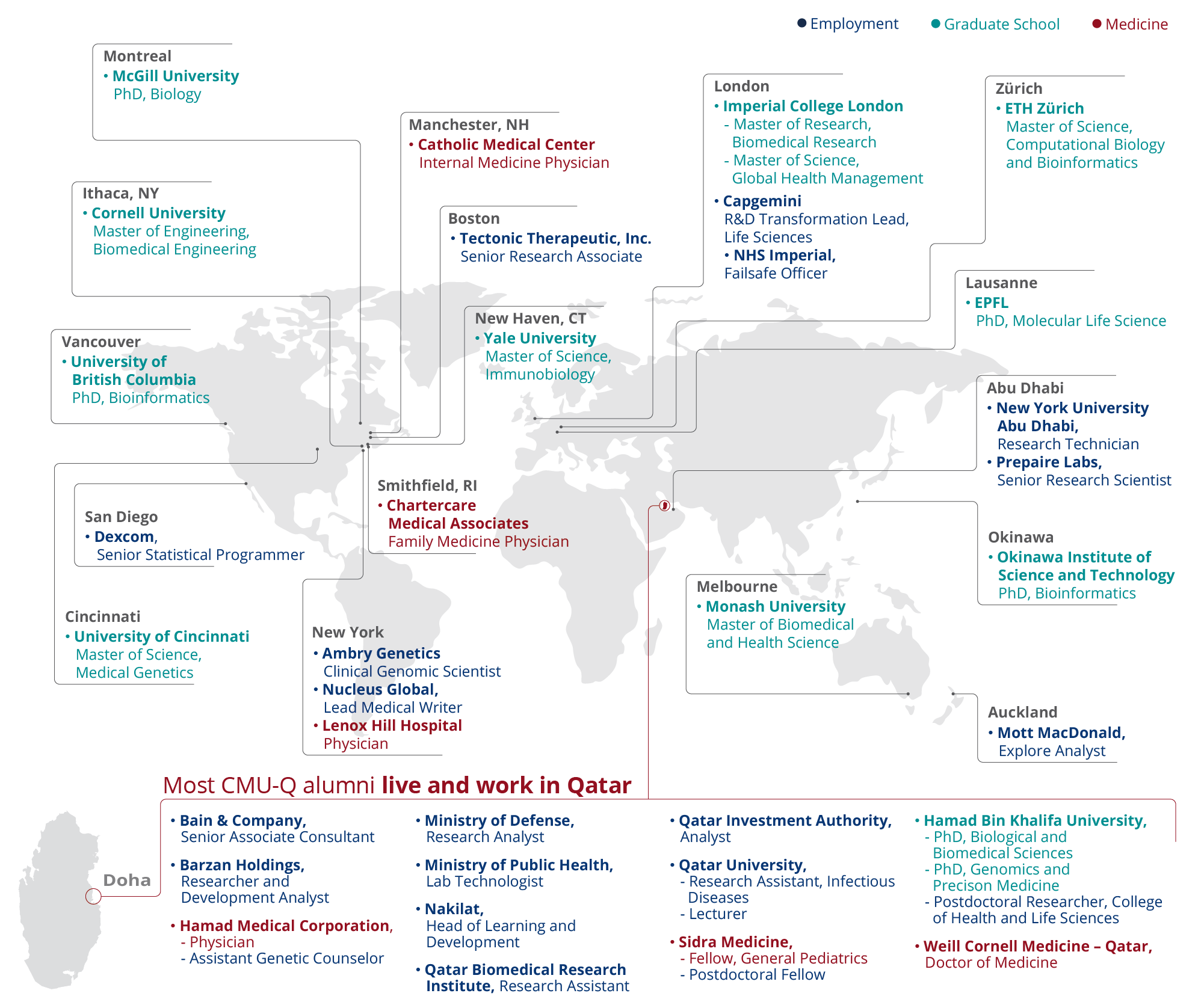One of the most important features of Biological Sciences at CMU is an extensive laboratory component. These inquiry-based, hands-on courses kick-start the transformation of science students to scientists, and often lead to more in-depth projects with faculty members in their research labs.
Frontiers, Analysis, and Discovery in Biological Sciences
In the spring of their first year, students can take an exciting course where they learn to use a cutting-edge genetic modification tool, CRISPR, on yeast and mammalian cells.
Applied Cell Biology
This elective course in the sophomore year allows students to obtain hands-on experience for many of the laboratory techniques that are essential in cell biology research.
Honors Modern Biology
This combination lecture and lab course provides students with a foundation in cellular and molecular biology, reinforcing experimental concepts and the analysis of experimental data.
Experimental Techniques in Molecular Biology
Students conduct experiments in microbial genetics, molecular biology and eukaryotic genetics, with an emphasis on understanding and applying the biological principles of each experiment.
Experimental Biochemistry
Students learn methods for investigating the structure and function of biological molecules, including enzyme kinetics, spectroscopy, tissue culture and flow cytometry. During several experiments, students design their own projects.
Summer Research Institute in Pittsburgh
Biological Sciences students can apply to the Summer Research Institute, a program for researching molecular biology and biochemistry at the Carnegie Mellon campus in Pittsburgh. Research projects involve recombinant DNA techniques and biochemical methods directed toward the functional analysis of proteins and enzymes.
Learn more about undergraduate research opportunities at CMU-Q












